Many of the children we support on the street have dangerous drug addictions, preventing them from making the fresh start in life they deserve. They turn to drugs as a way of coping with the trauma of living on the streets. We believe our Drug Rehabilitation service is vital to offer these children the specialist care they really need to turn their lives around.
Drug addiction amongst children on the streets
Drug abuse is a huge problem for children living on the streets of Uganda, especially in big towns and cities like Jinja.
Mafuta (aeroplane fuel) is the drug that many of the children that we work with, who are living on the streets of Jinja, have been found to take regularly. The mafuta is typically poured onto a rag and placed inside a plastic bottle. The material then gives off fumes that are huffed or inhaled.
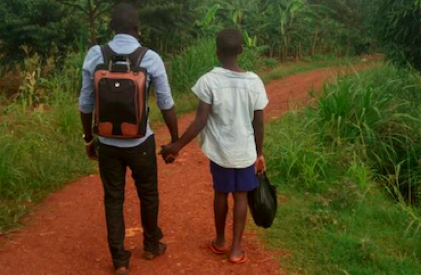
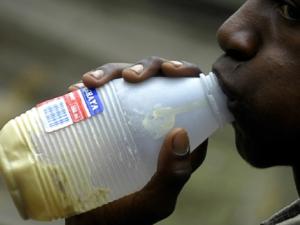
With an estimated 11K+ children living and working on the streets of Jinja, there are likely to be thousands of children that need specialist help.
This is why we believe our programme is so vital – not only for children and young people to access in Jinja, but also as a model to be replicated in other parts of Uganda in the future.
There are many reasons as to why children on the streets turn to drugs. A hit of mafuta costs a lot less than a plate of food and suppresses hunger – and it’s usually easier to find.
For some, there is peer pressure from other children to start to take it to be accepted into their group.
Others suggest that mafuta helps them to forget their problems: whether these are worries about the homes they have left behind, the cold nights on the street, pain caused by beatings, or feelings of fear and hunger.
When you take all these factors into account, it’s no wonder so many children on the streets turn to drugs.
Drug addiction makes it much harder for a child to leave the streets. However much they may want to leave the street, without the specialist support they need to overcome their addiction, they are far more likely than non drug-addicted children, to return to the street.
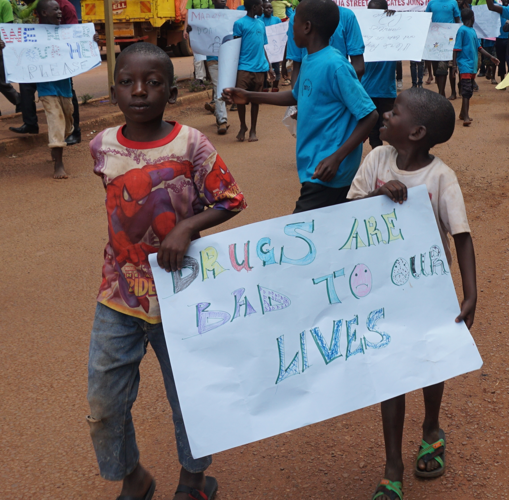
The need for a Drug Rehab programme
There is a real lack of knowledge and understanding about the severe, long-term effects of taking mafuta and other inhalants, such as memory loss and extensive organ damage. Children and young people are not educated about the serious side-effects of drug abuse and instead focus on the short-term hit and the benefits it brings to them instantly.
Our Drop in Centres in Jinja carry out lessons on the dangers of drug abuse however, the children and young people attending are often already addicted.
It’s unsurprising that children who are addicted to mafuta are given less odd jobs from the local community than those children who are not addicted, which means that they often miss out on potential income. They subsequently have less money to buy essential items like food while on the streets, increasing the risk of them eating food from bins or turning to crime. It’s a vicious cycle that can seem impossible to break. It can sadly end up with children being imprisoned or even killed.
Our Drug Rehabilitation programme
In 2017, after extensive research, planning and fundraising, we were finally able to open our very own Drug Rehabilitation Centre (DRC) for children coping with their difficult life on the streets of Jinja through drug abuse.
Our centre is the first of its kind to offer this specialist addiction support to street connected children in Uganda.
The centre offers a safe and peaceful place for the children and young people to undergo an individualised rehabilitation process. We want to find out the reasons why they came to the streets and turned to drugs in the first place, so that they can find alternative ways to overcome their challenges in the future.
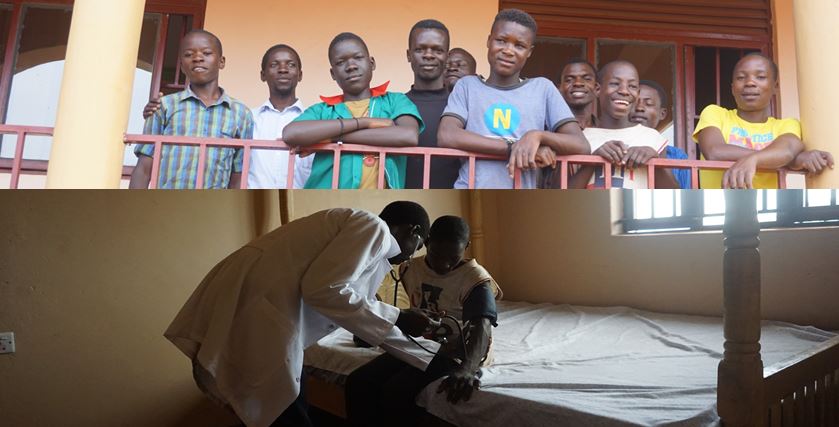
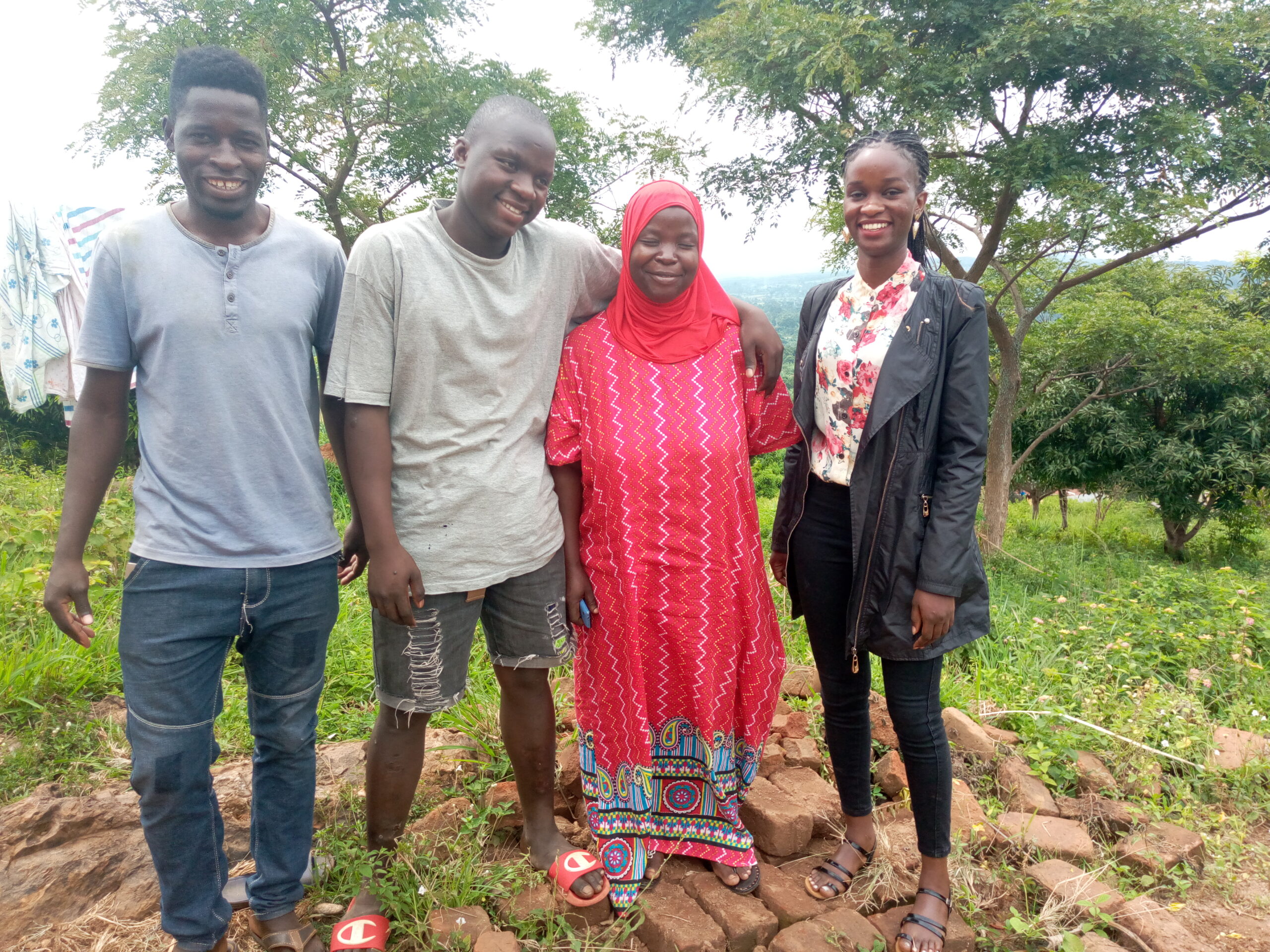
Whilst under our programme, they receive detox support, individual and group counselling, educational classes, health care, good nutrition and peer-to-peer support and education.
Children who have been living on the street have often missed years of schooling and thus, have lost confidence in themselves and in their ability to handle different social situations too. We give them extra support in learning life skills, which include the value of friendship, communication skills and building their self-esteem. They also learn useful practical skills like how to make environmentally friendly cooking briquettes and how to do permaculture sustainable farming.
Once they are ready, we help them to re-build their relationship with their family and to plan for what next in terms of their education. Then we help to resettle them back home to their family and community, and follow up regularly to ensure they are settled and can re-join appropriate education.
Thank you
We would like to thank each one of our amazing supporters who have helped our Drug Rehabilitation Centre and service so far. This programme is changing lives and has a lasting positive effect on children who access it. With specialist support, the children can successfully re-enter both the family home and the education system and build a brighter future for themselves.
Overcoming drug addiction is not easy; it requires a lot of personal resilience and dedicated support to make it happen. So if you are able to offer help for this life changing programme, please get in touch. We would love to hear from you.
Latest News
Recruiting for Treasurer of S.A.L.V.E.’s UK Board of Trustees
On the Verge
This is the heartfelt story of Benji*, as told to Abbey, one of the staff members at S.A.L.V.E International: “Initially I was brought up with my parents who were loving and supportive. They sent me to school and cared about my progress. One holiday, my aunt from Jinja asked me to spend some time at…

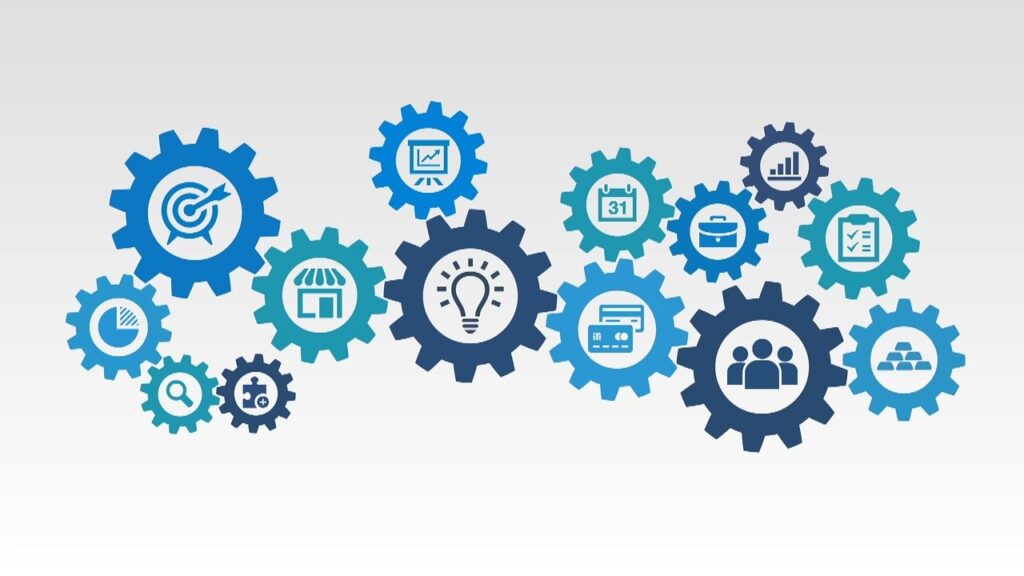
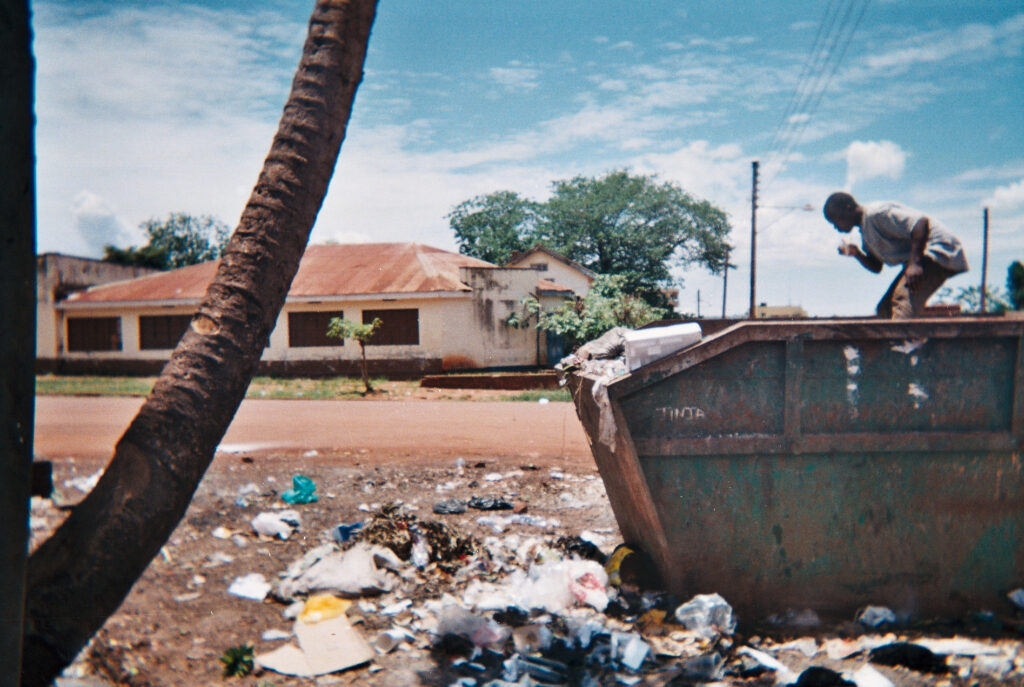
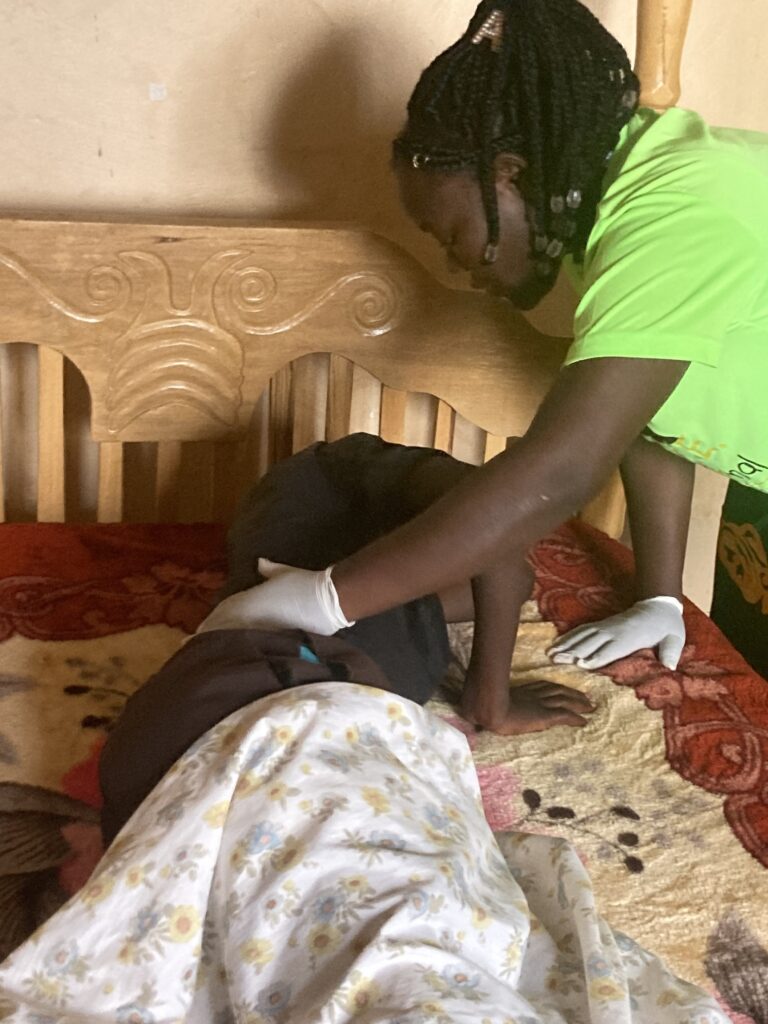
7 Comments